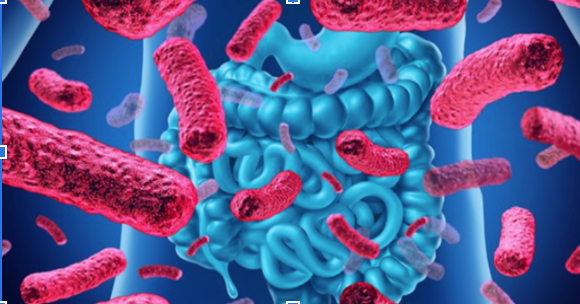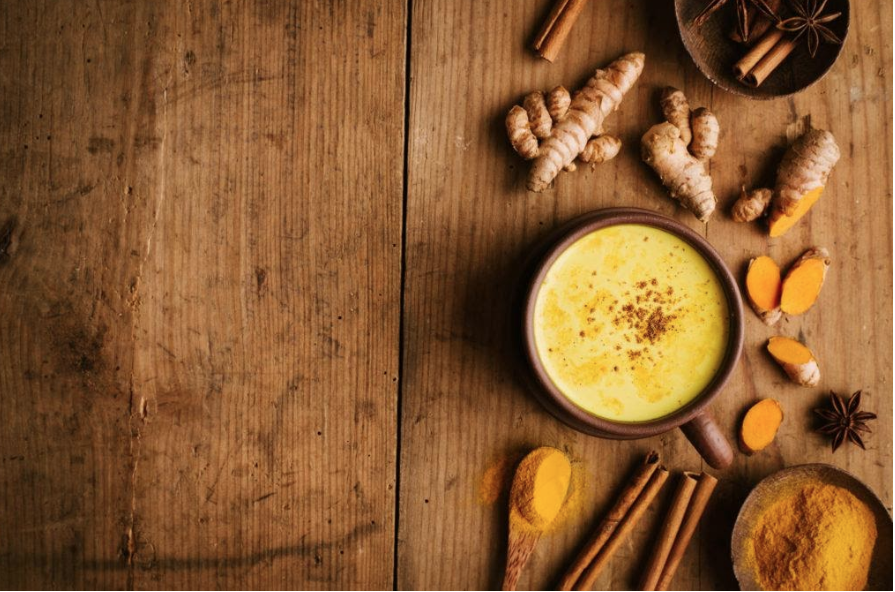Premenstrual Dysphoric Disorder (PMDD) is a severe and often debilitating condition affecting around 5-8% of women of reproductive age. Although initially thought to be a disorder of hormonal imbalance, recent research is supporting the notion that it is more so a sensitivity to hormonal fluctuations. While the exact cause of PMDD remains elusive, emerging scientific research has shed light on potential drivers, offering hope for more targeted treatment approaches.
Read MorePre-diabetes is a critical health condition characterized by elevated blood sugar levels that are not yet high enough to be classified as type 2 diabetes. Addressing pre-diabetes promptly is essential to prevent progression to diabetes and associated complications. Naturopathic medicine offers a holistic approach to managing pre-diabetes.
Are you feeling hormonally imbalance but your lab tests are telling you you're in range? You're not alone. The DUTCH test combines the latest in hormonal research with cutting edge technology to bring human beings comprehensive and accurate information about their hormones. People of any gender and sex can do the DUTCH test.
At some point menstruating human beings will experience cyclical symptoms associated with hormonal mood disorders. Often discussed as Premenstrual syndrome (PMS) its big sister premenstrual dysphoric disorder (PMDD) is often missed, and underdiagnosed. PMDD affects 3-8% of menstruating women (2). It is more severe and disabling than PMS. Let's take a look at what PMDD is and my go to natural treatments.
Taurine is largely known as that ingredient that is in energy drinks and largely flies under the radar of other nutrients when it comes to supplementation. But could this amino acid be one of the most important nutrients to support energy, slowing down ageing, exercise performance and reduce the effects of stress? Click to read more.
Read MoreFor people experiencing Long COVID a phenomenon termed “post-exertional malaise” (PEM) is a common experience (1). This is when you do physical activity, socialize, or perform a mental task and afterwards you have more severe symptoms (2). Many people with Long COVID are taking individual approaches to managing these symptoms including fatigue and ‘brain fog’ while trying to maintain activities of daily living and basic exercise (2). A practice called pacing has been found in research to be an effective way for people experiencing Long COVID symptoms to help manage energy and reduce fatigue.
Read MoreAlmost three years on from the first New Zealand coronavirus cases and across the country there is a subset of patients that sustain an acute SARS CoV-2 infection (1). They develop a wide range of persistent symptoms that do not resolve over many months. This condition has been labelled Long COVID or Post-acute Sequelae of COVID-19 (PASC) (1).
Long COVID has been estimated to affect 30% to 45% of populations around the world (2, 3). Due to the majority of the NZ population contracting the virus later than the rest of the world the percentage of the population affected by Long COVID is still emerging.
The estrobolome is an amazing new term used to discuss the intricate connection between our ‘estrogen’ and the ‘microbiome’ . Did you know that down there in your gut little species of bacteria are choosing whether you need more active estrogen or more inactive estrogen? We have known for a few years now how the gut plays a role in our mood and now we know it also plays a role in our hormonal balance.
Read MoreMany of us have learned to “trust our gut.” But if we ask most people what our digestive tract is for, they’ll probably explain it as a way of absorbing nutrients and disposing of waste. So where do phrases such as “trusting our gut” or “unable to stomach the results” come from? It turns out there is a two-way street between our digestive organs and our brains. What we eat and the state of our digestive tract can have a profound impact on our moods and behaviors. And probably unsurprisingly at this point, our gut microbiome is also involved.
Read MoreIt is normal for the liver to contain some fat, but if fat accounts for more than 10% of the liver’s weight, then liver function may be impaired and serious complications may develop. There are many ways we can lean up our liver and get our health back on track through diet, herbs and exercise.
Read MoreIn the last 2 years we have all experienced Crisis in the form of a pandemic. In New Zealand we have seen a significant increase in Depression and Anxiety during this time(1). With women 58% more likely to be affected by depression than men (2). Termed by psychologists as ‘crisis fatigue’, a combination of chronic stress, anxiety, poor behavioral habits and loneliness, this constant state of pandemic alertness has led to to a state of apathy and burnout for many people (1). How is this connected to inflammation?
Read MoreMany people associate having a drink with a feeling of relaxation or a warm ‘buzz’, essentially using alcohol as a means of harmless fun. Whilst one or two glasses of wine, or a few beers, can be a nice way of unwinding, excessive consumption can have a significant impact on your health. So how does alcohol affect your body? Slurred speech, poor coordination, nausea, vomiting, lack of judgment, volatile emotions, and blackouts can all follow excessive alcohol consumption. Most people will have experienced one or more of these effects at some point, crossing the line from a moderate intake to an unhealthy consumption. Unfortunately or fortunately for us women these effects can often happen more quickly and have long term impacts on our hormones and menstrual cycles. Making alcohol my number one red flag when it comes to women hormones imbalances.
Read MoreEvading this season’s colds, coughs and flu can feel like an uphill battle through a treacherous warzone. As you forge through uncharted territory, you remain constantly vulnerable to an enemy ambush closing in on you. The same can be said of your body during winter, when it must regularly defend against viruses and bacteria. Poor battle tactics, such as inadequate immune defenses, can increase the chance of viruses and bacteria leading to an infection. Fortunately, arming yourself with tools that enhance your immune response can turn the tables on the enemy and mount a counterattack that could win the war, allowing you to conquer any bugs that may come your way.
Read MoreNow days there are so many probiotics on the shelf. Should I buy refrigerated or shelf stable? Multi strain or single strain? This article will answer some of the many questions around probiotics and how they may help in different ages and stages of life.
Great health is all in the Gut. From the first day of school through to your well-deserved retirement, challenges can arise at every age; your health is no exception to this. More and more, research is showing that your microbiome (i.e. your gut bacteria) is foundational for good health.
Pain is a burden we carry that often we hide. 20% of New Zealanders are suffering from chronic pain, and pain is the most common reason someone will visit a healthcare Practitioner in New Zealand. There is no question that we’re a nation in pain and inflamed. To understand how to reduce pain, we need to look at its main cause, inflammation, which is triggered in response to tissue injury or infection.
Read More















